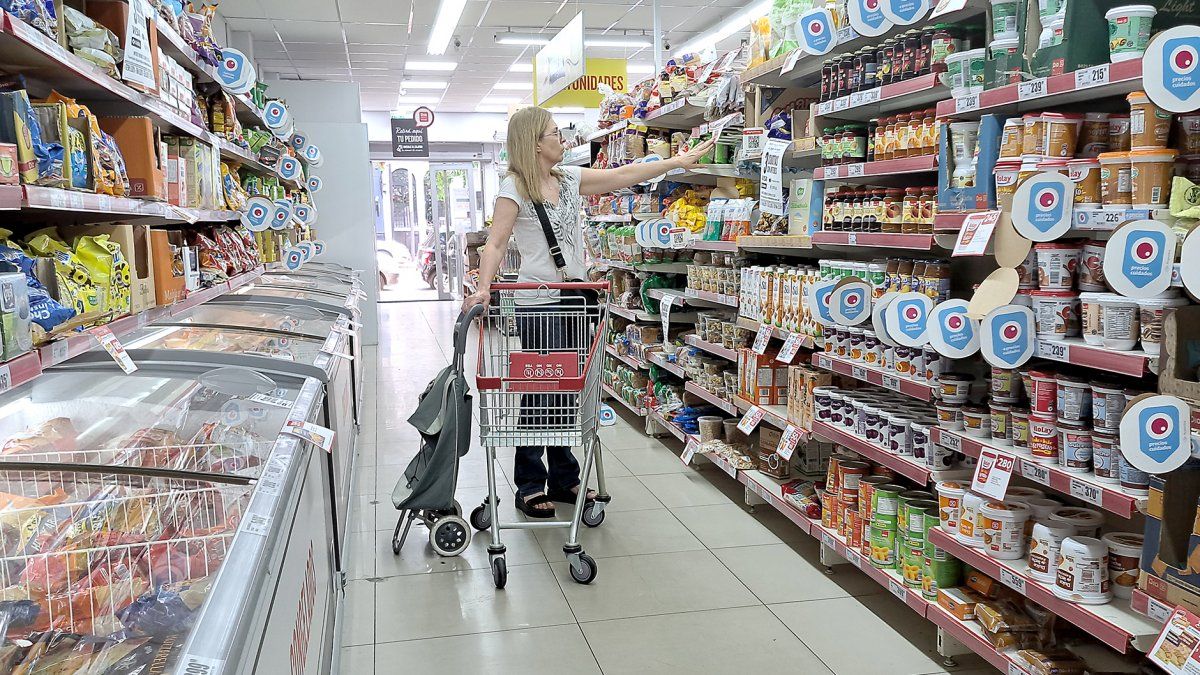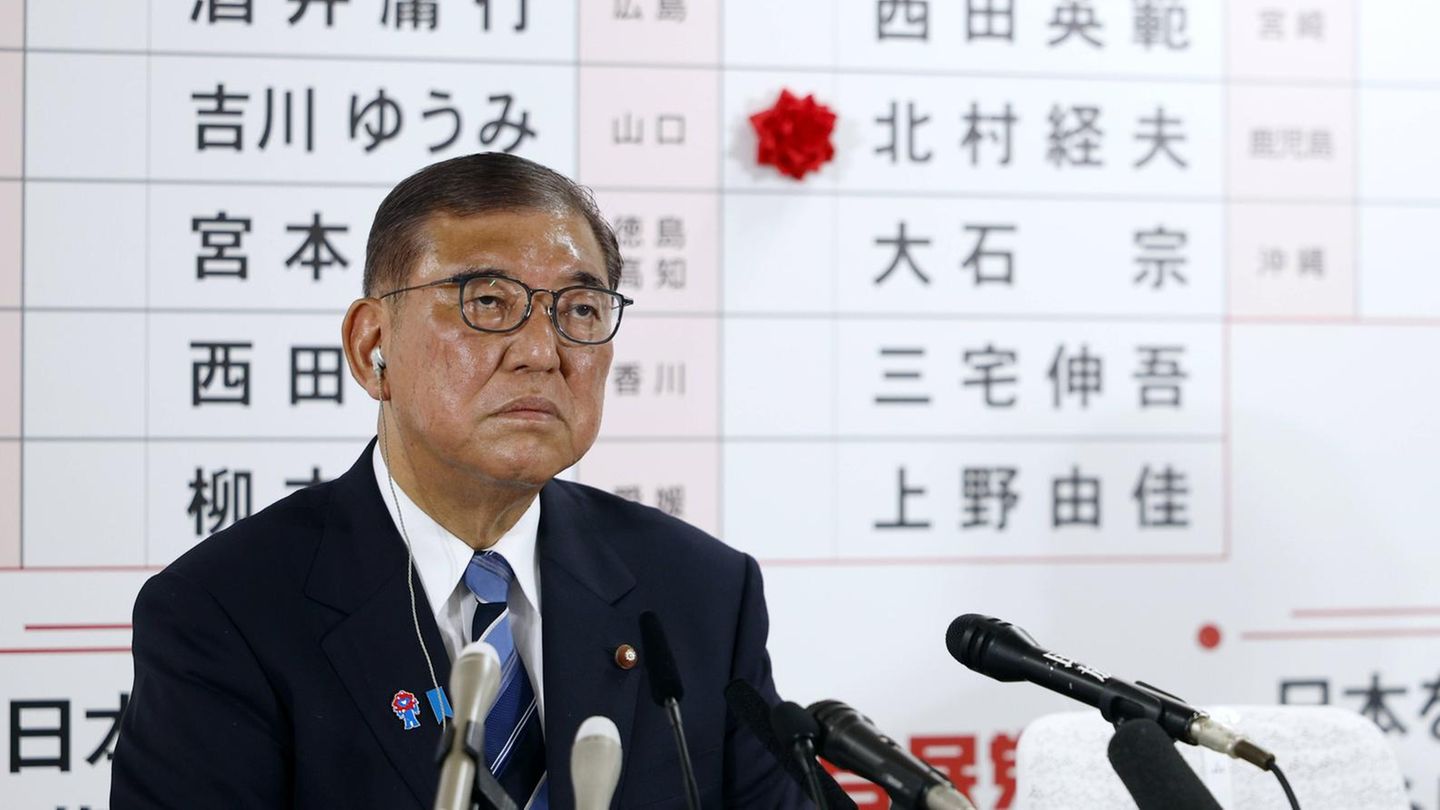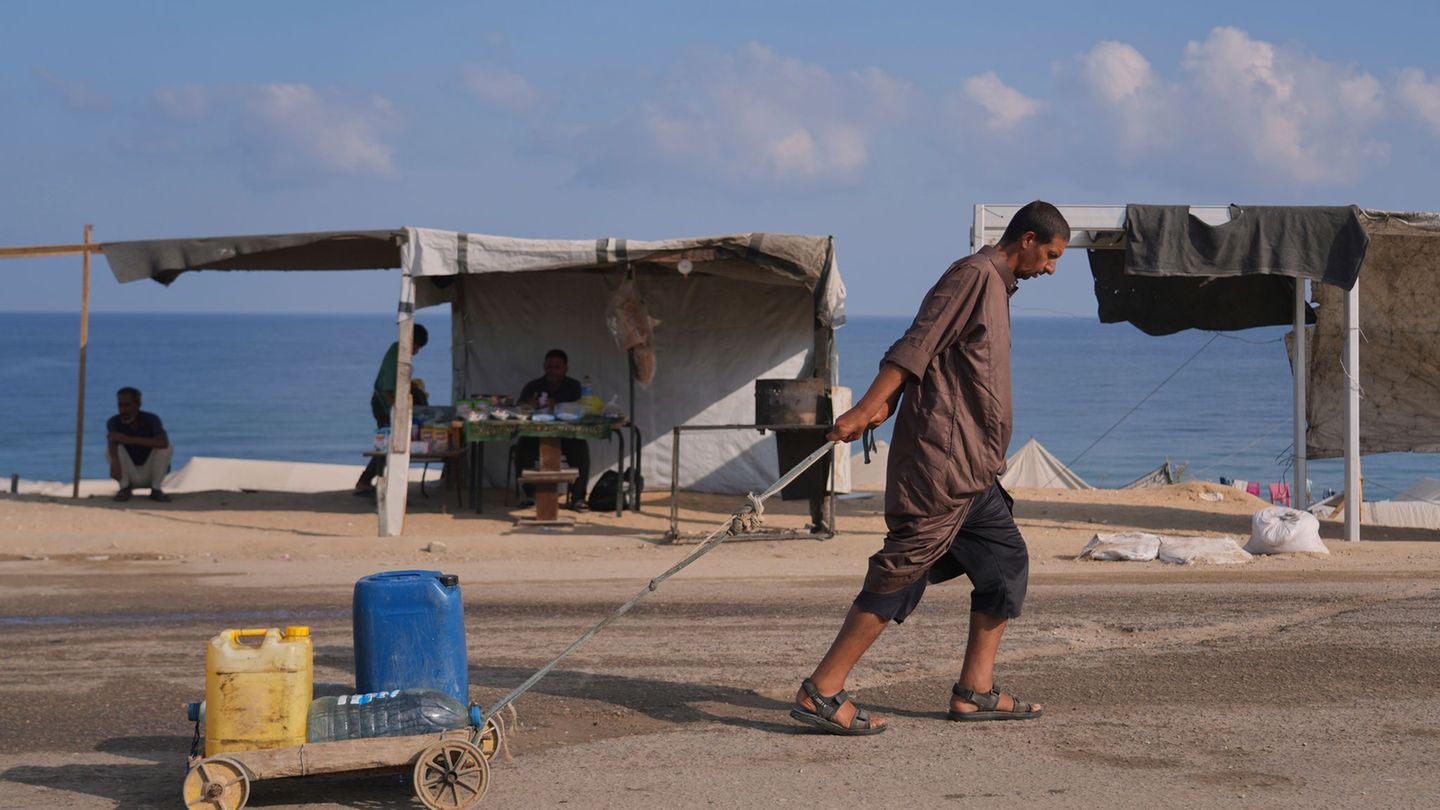Next Friday the 14th INDEC will release the data inflation March and, according to the different private surveys, an acceleration in the indicator is expected, which would be around 7%. Meanwhile, in these analyzes it is anticipated that a somewhat lower number can be expected for April, although it would continue at high levels.
It is that, as projected by some private consultants, inflation in April would be around 6%. This is due to different specific increases and the inertia left by the first quarter of the year, when the rise in the CPI did not pierce 6% in any month.
In this sense, from Ecolatina they pointed out: “Faced with minor punctual and seasonal impacts, for April we expect a slowdown in inflation, although without breaking through 6%.”
When reviewing some increases planned for this month, from the firm they remarked: “In the month the new round of updating electricity rates will have an impact on time, together with increases in domestic service (14%); buses and trains (6.7%); prepaid (2.4%) and private schools (3.4%). Regarding transport, it should be noted that this will be the second application of the new monthly update formula that will apply until June and is adjusted based on the CPI GBA published by INDEC”.
Beyond these specific increases, at Ecolatina they highlighted that “the first quarter left a high floor for the rest of the year, where inflationary inertia will continue to exert pressure on the price levelfueled by a growing indexation and a shortening of contract terms (formal and informal)”.
“To the aforementioned will be added the potential tensions regarding the gap and expectations of devaluation in the midst of the electoral transition, exacerbated by the pronounced impact of the drought on the availability of foreign currency.; the dynamics of salary adjustments in the formal sector, which have their peak season in the second quarter; an exchange rate crawling peg more aligned with inflation and a strengthening of restrictions on imports”, they pointed out, and concluded: “In this context, we expect the nominal value to remain high in the coming months, with 2023 showing inflation exceeding 100 %”.
In the same line, after revealing an inflation for the GBA of 7%, from the C&T consultancy they indicated: “For the month of April we estimate inflation around 6%, as a result of increases in regulated prices and tariffs (electricity, buses, domestic service, prepaid, schools) and the expected dynamics for the rest of the items”.
“Going forward there are endogenous macroeconomic factors and an exogenous situation that will generate a lot of uncertainty about future inflation. On the domestic front, we continue to have problems with the origin of inflation, which is the fiscal deficit that continues to be financed with monetary issuance and debt placement in the domestic market,” explained Damián Di Pace, director of the Focus Market consultancy.
“On the exogenous front, the drought has wreaked havoc in the face of a Central Bank without reserves that is generating a very large external restriction for the importation of inputs and raw materials. To this must be added the degree of confidence that economic policy can validate in an election year with tension within the pro-government front itself,” added the analyst.
Fair Prices
According to different surveys, the price of food during March was driven mainly by fruits and vegetables. A few days ago, the Ministry of Commerce, in a joint effort with the Association of United Supermarkets (ASU) and the main suppliers in the sector, updated the basket of different products with agreed prices for the month of April, within the framework of the Fair Prices program. .
“This basket will keep its prices fixed for a month, with the aim of bringing relief to the pockets of Argentines and providing order, predictability and availability of supply to the sector,” the Ministry reported in a statement.
This week, Fair Meat Prices were also renewed, with a 3.2% increase in the prices of the seven mass consumption cuts that make up the basket, as of April 1. The validity of the program will be extended, at least, until June 30 and the pieces will have a monthly increase of 3.2%.
Fair Meat Prices came into operation on February 17 as a result of a voluntary agreement reached between the Ministry of Commerce and representatives of the livestock sector, mainly the companies belonging to the Consortium of Meat Exporters (ABC).
Source: Ambito




